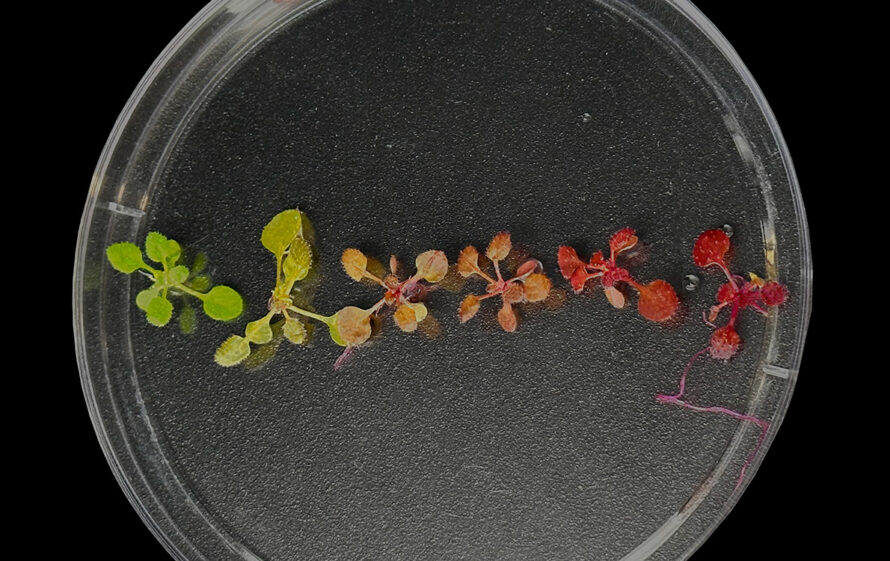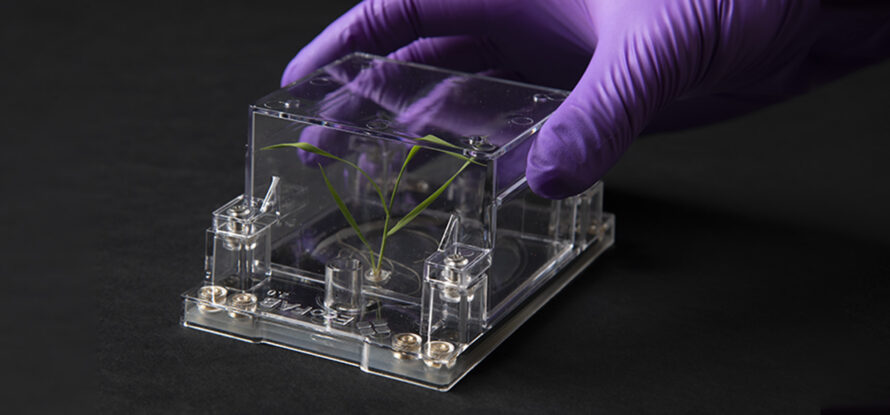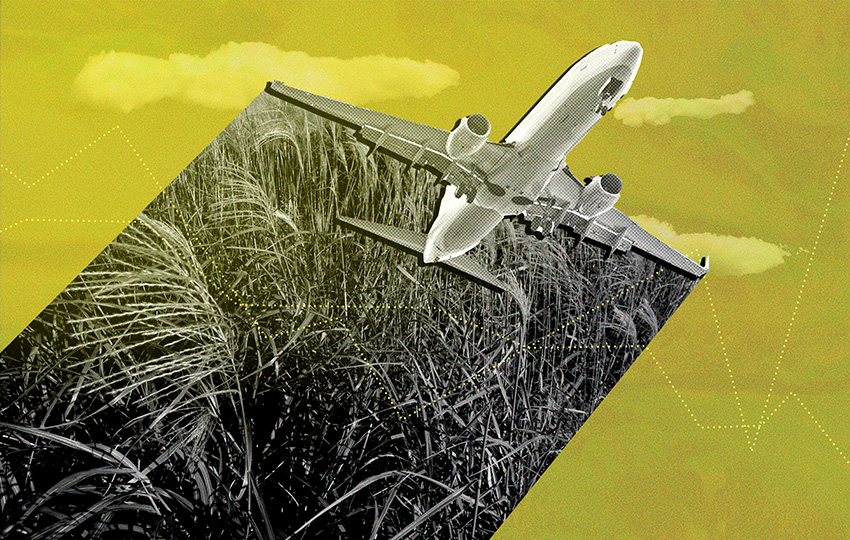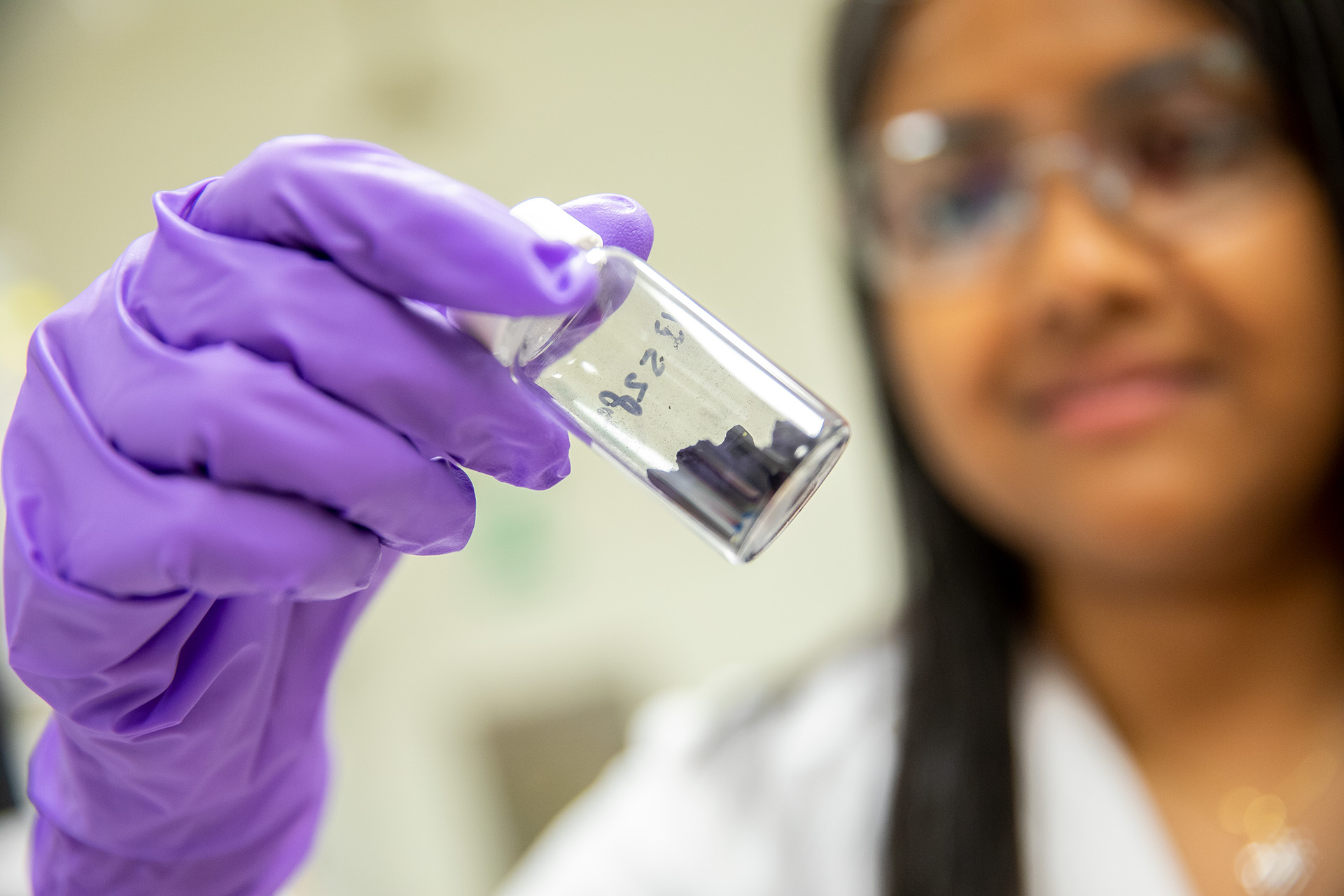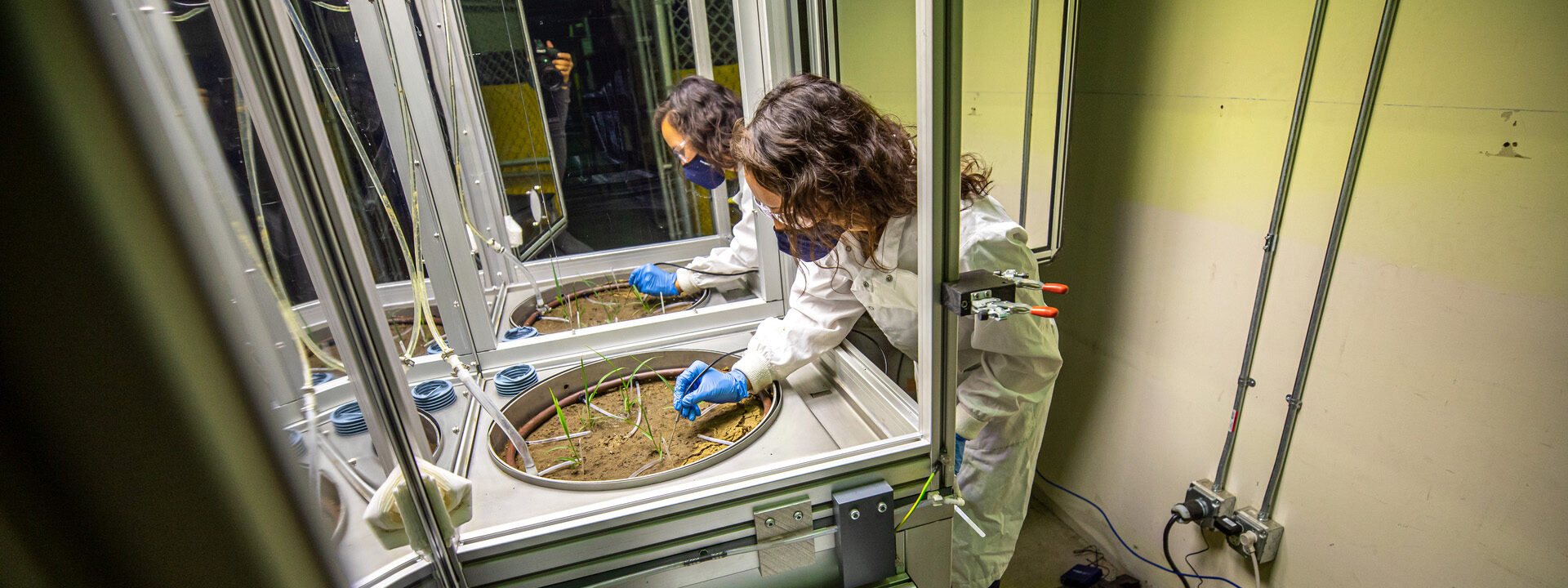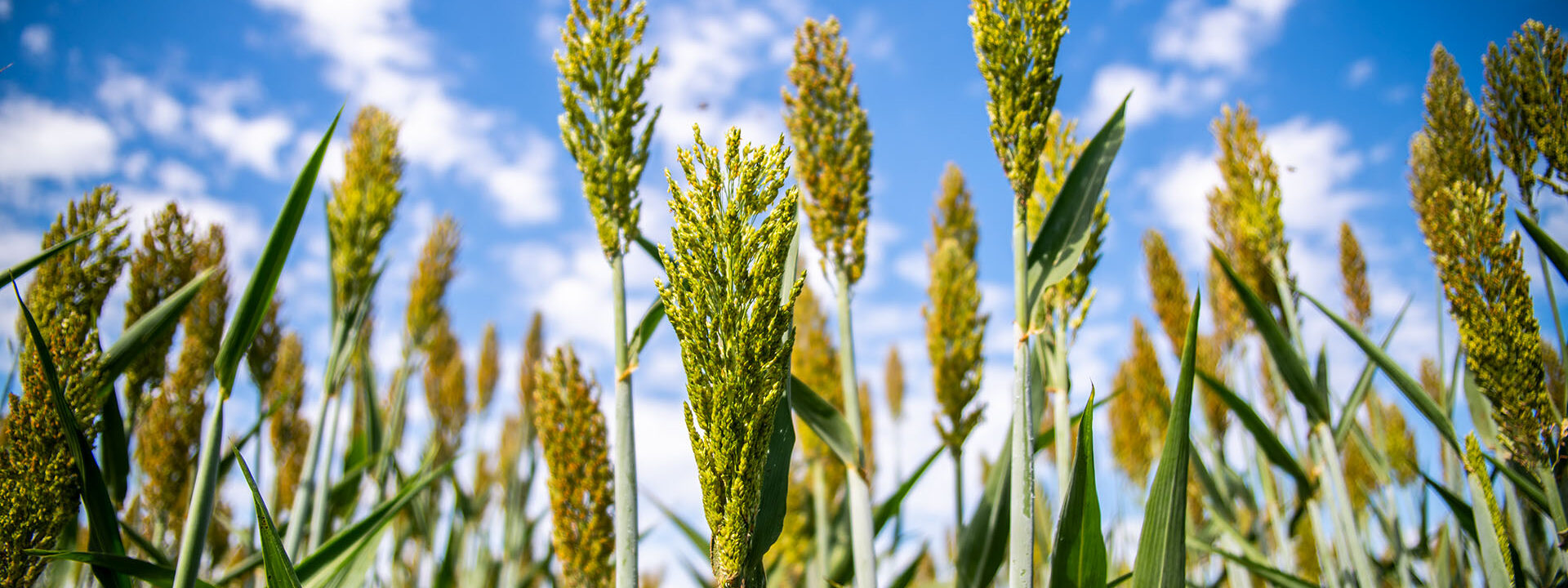We’re home to a Department of Energy Bioenergy Research Center that is developing fuels derived from the solar energy stored in plants. Our teams of experts in plant and microbial genomics, bioengineering, bioproduct manufacturing, and techno-economic analysis are working to augment domestic energy supplies while harnessing the nation’s biomass resources to grow the U.S. bioeconomy.
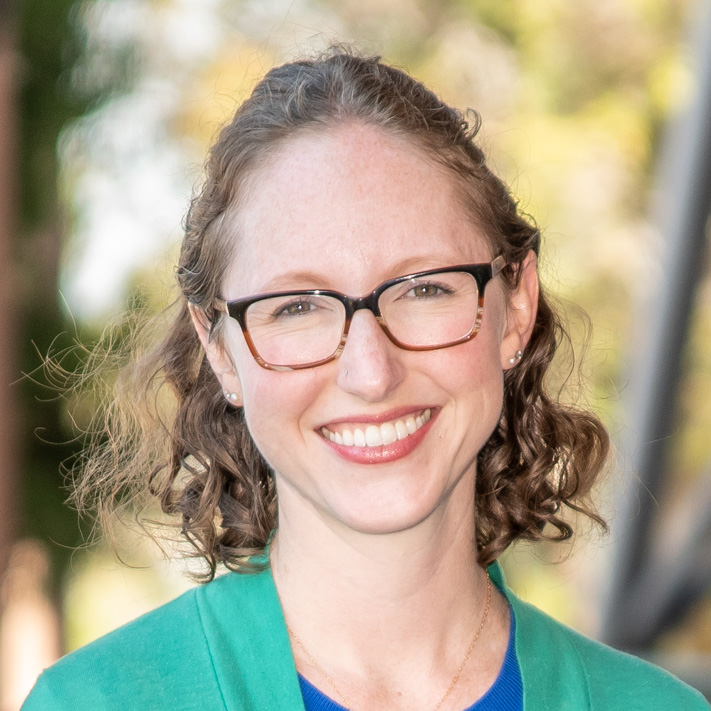
Sustainable transportation fuels
Using microbial fermentation and other biomanufacturing processes to convert plant waste into liquid fuels for transportation and aviation.
Carbon waste biorefineries
Harnessing microbes to produce biofuels and bioproducts from industrial emissions.
Techno-economic analysis
A type of simulation that analyzes the financial and environmental outcomes of biomanufacturing processes based on the technology used and the chemical inputs, allowing researchers to design the most efficient and responsible “recipes” for large-scale production.
Biofuel process development and scale-up
Developing and optimizing all phases of the biofuel manufacturing processes, from engineering microbes to break down woody plant tissue to final product purification.
Bio-advantaged fuel additives
Using bio-based processes to address market needs by improving the performance of traditional fuels.
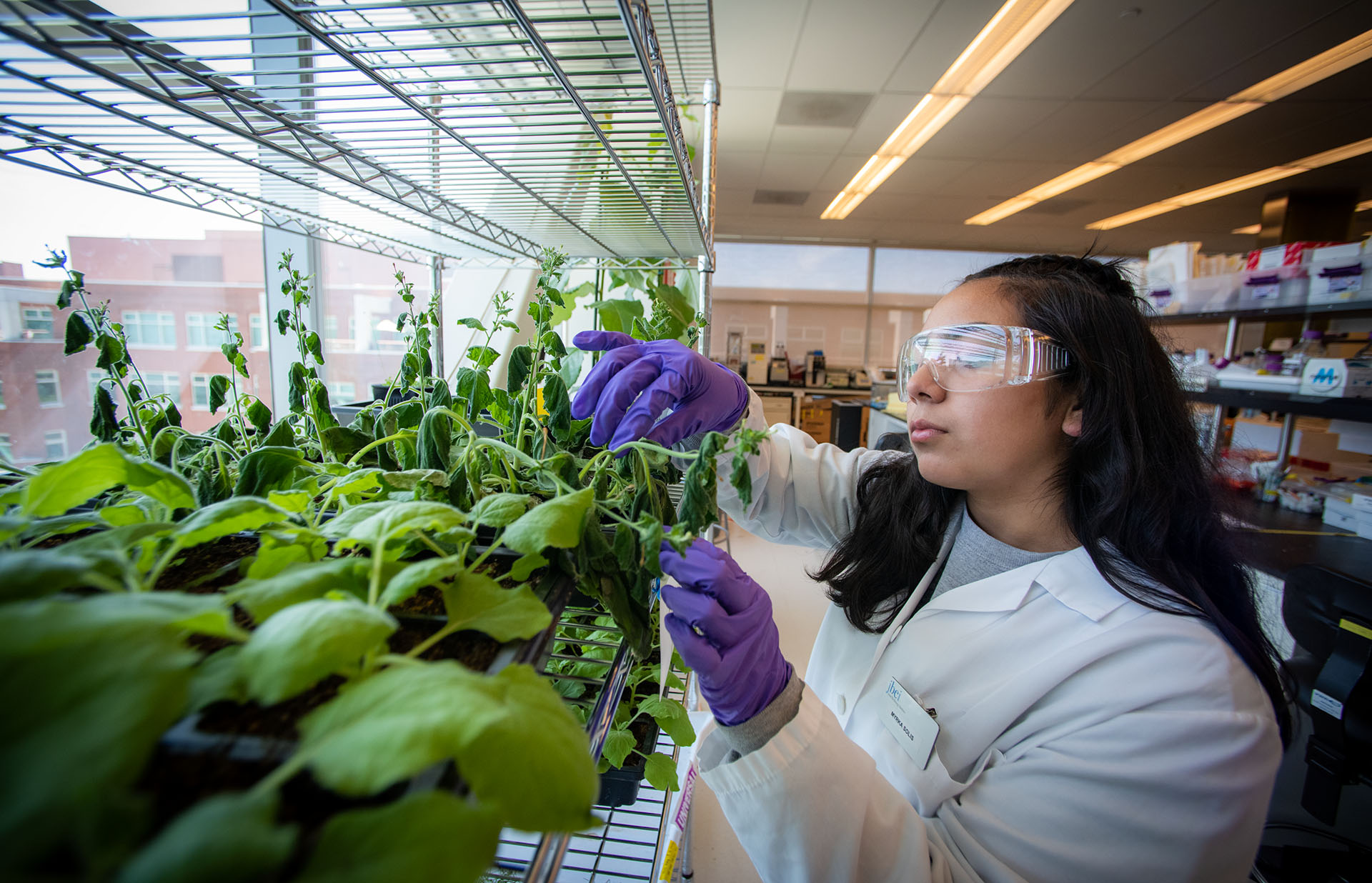
JBEI researchers are using the latest tools in molecular biology, chemical engineering, and computational and robotic technologies to transform biomass into biofuels and bioproducts.
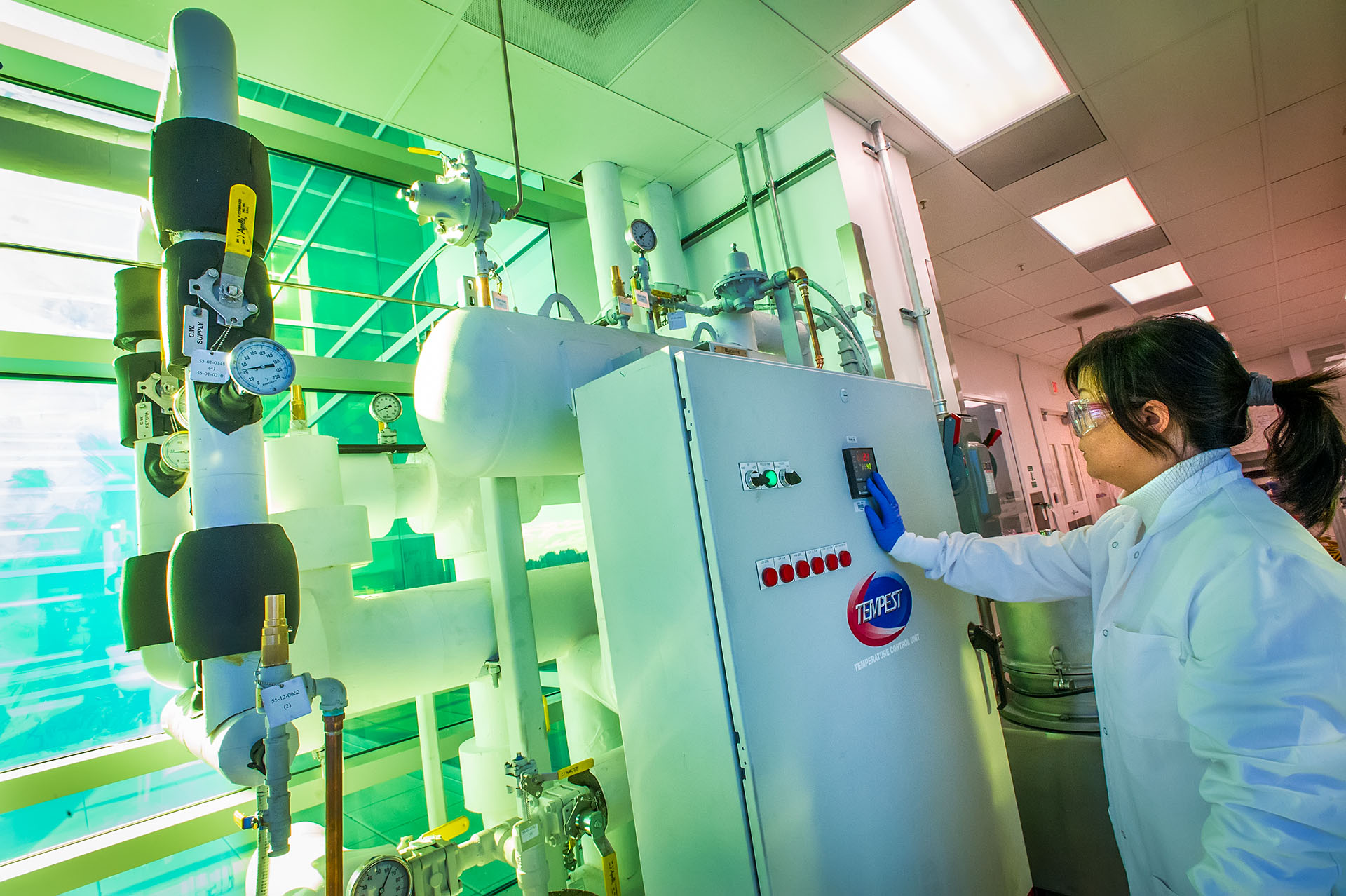
The ABPDU collaborates with academic labs, start-ups, and established companies to accelerate new biology-based products from early R&D to market readiness.
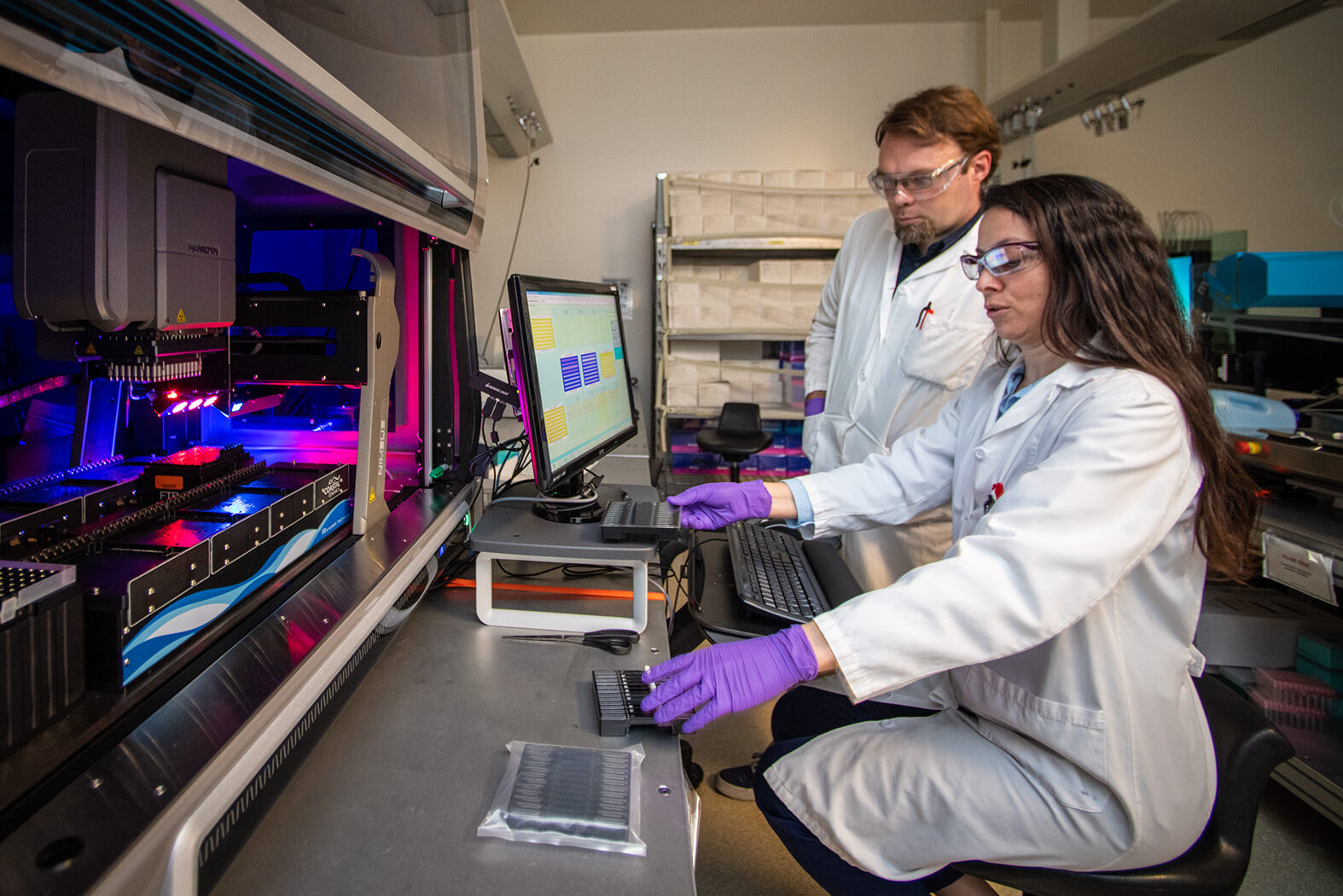
The Agile BioFoundry, a consortium of national laboratories dedicated to accelerating biomanufacturing, engineers biological systems to produce molecules at optimal yields, efficiencies, and costs.
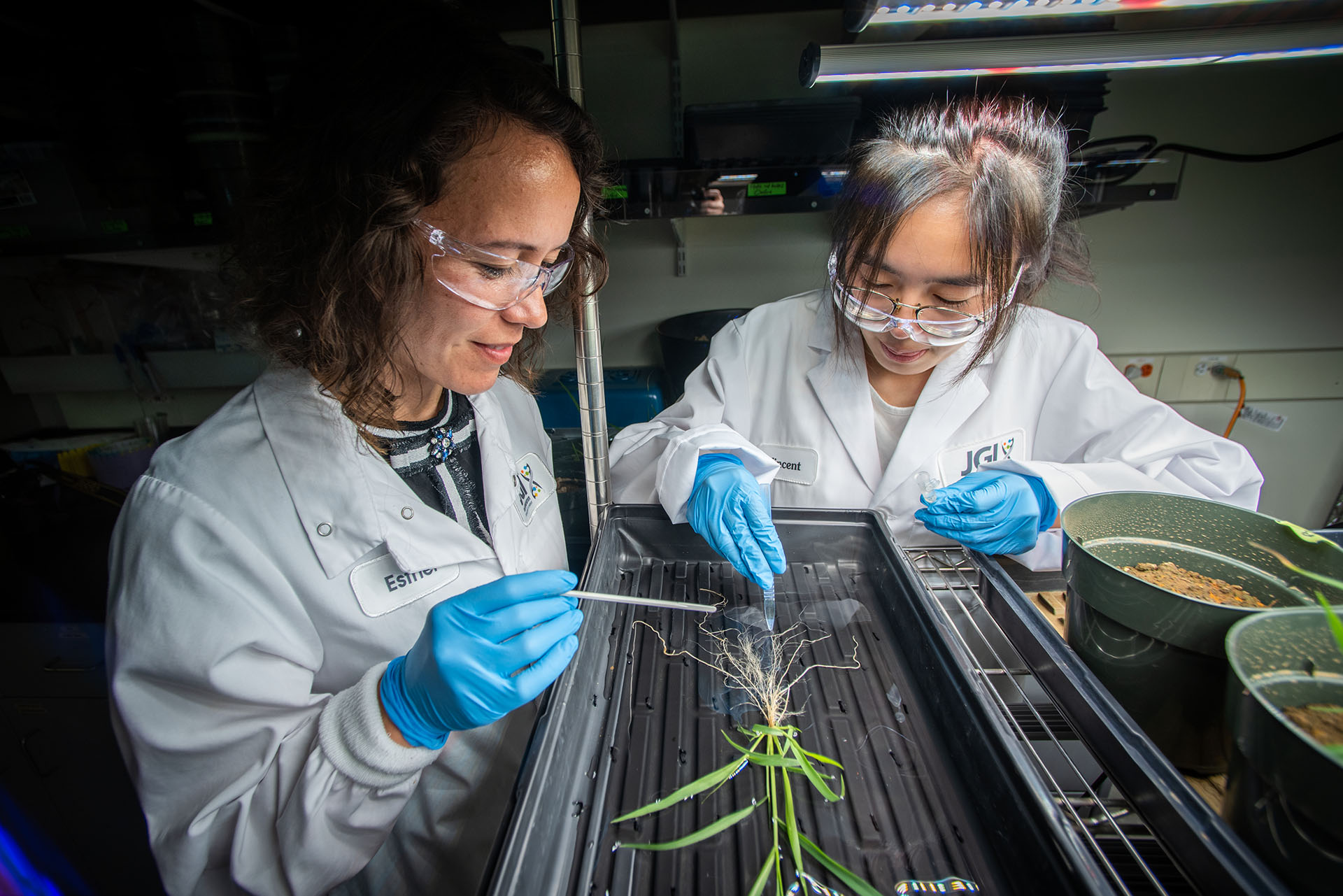
The JGI provides integrated high-throughput sequencing, DNA design and synthesis, cell metabolite analysis, and computational analysis that helps researchers engineer better biofuel plant species and microbes that convert tough plant matter into fuel precursors like ethanol.

This DOE Bioenergy Technologies Office-funded consortium focuses on research to transform CO2 and electrons into sustainable aviation fuels.
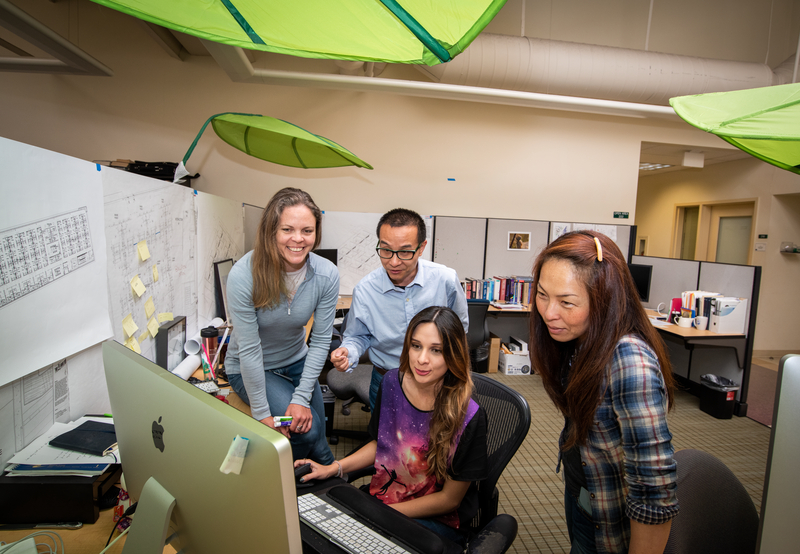
KBase integrates a variety of data and analysis tools into an easy-to-use, collaborative platform for building increasingly realistic models for biological function.
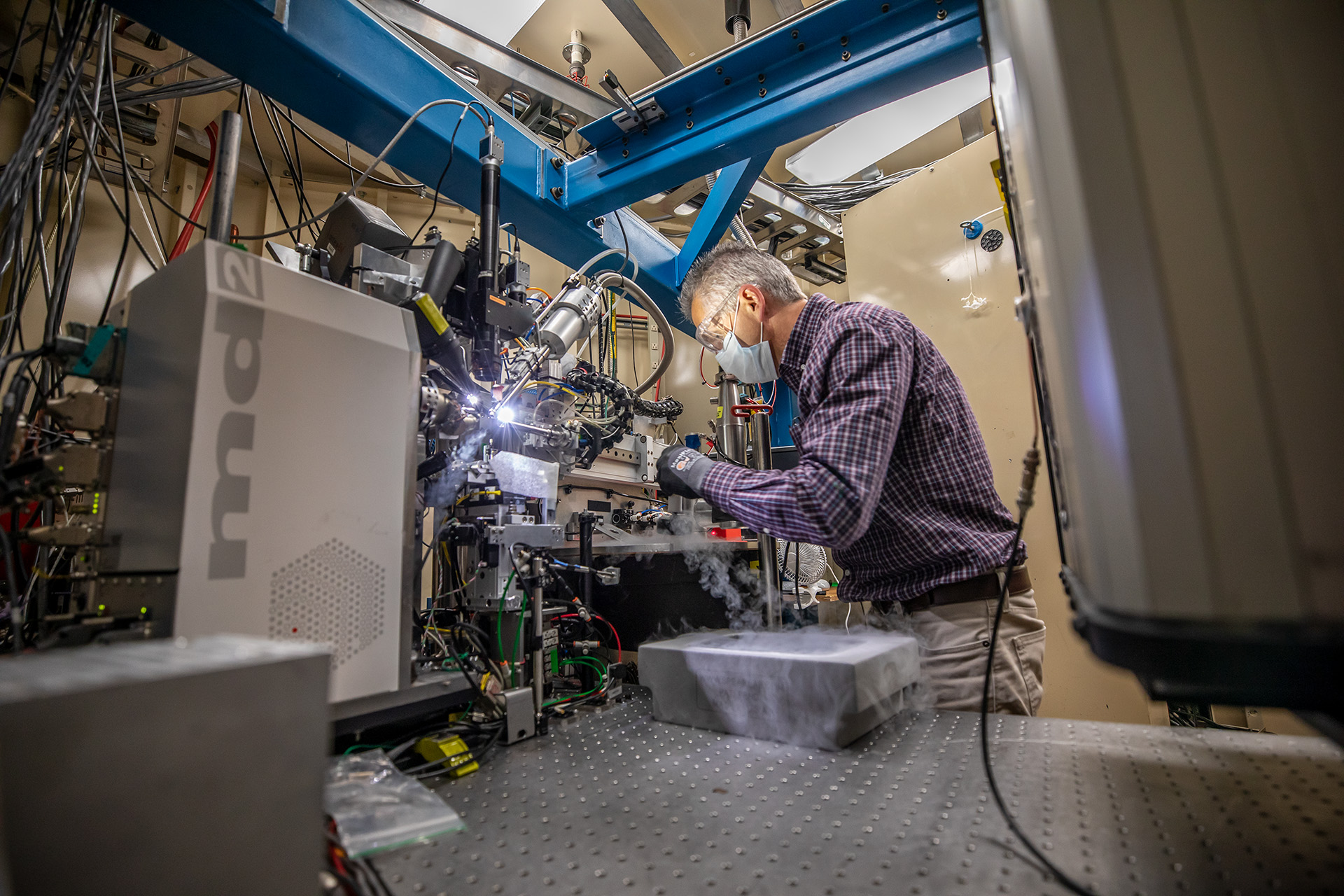
A collective of X-ray beamlines at the Advanced Light Source (ALS) that are dedicated to crystallography and small-angle scattering for cutting-edge structural biology investigations.
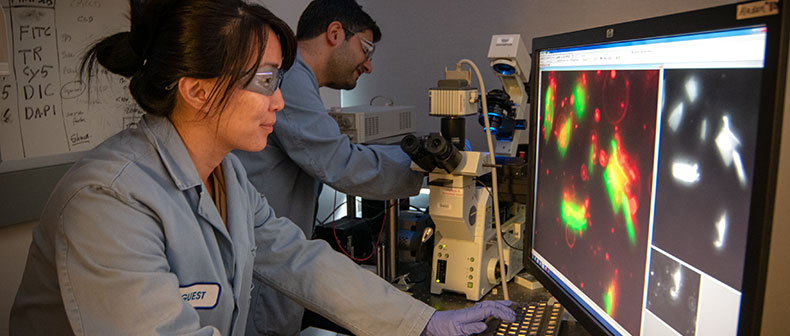
The biological facility at the Molecular Foundry studies the synthesis, analysis, and mimicry of biological nanostructures for a variety of applications within biology and beyond.
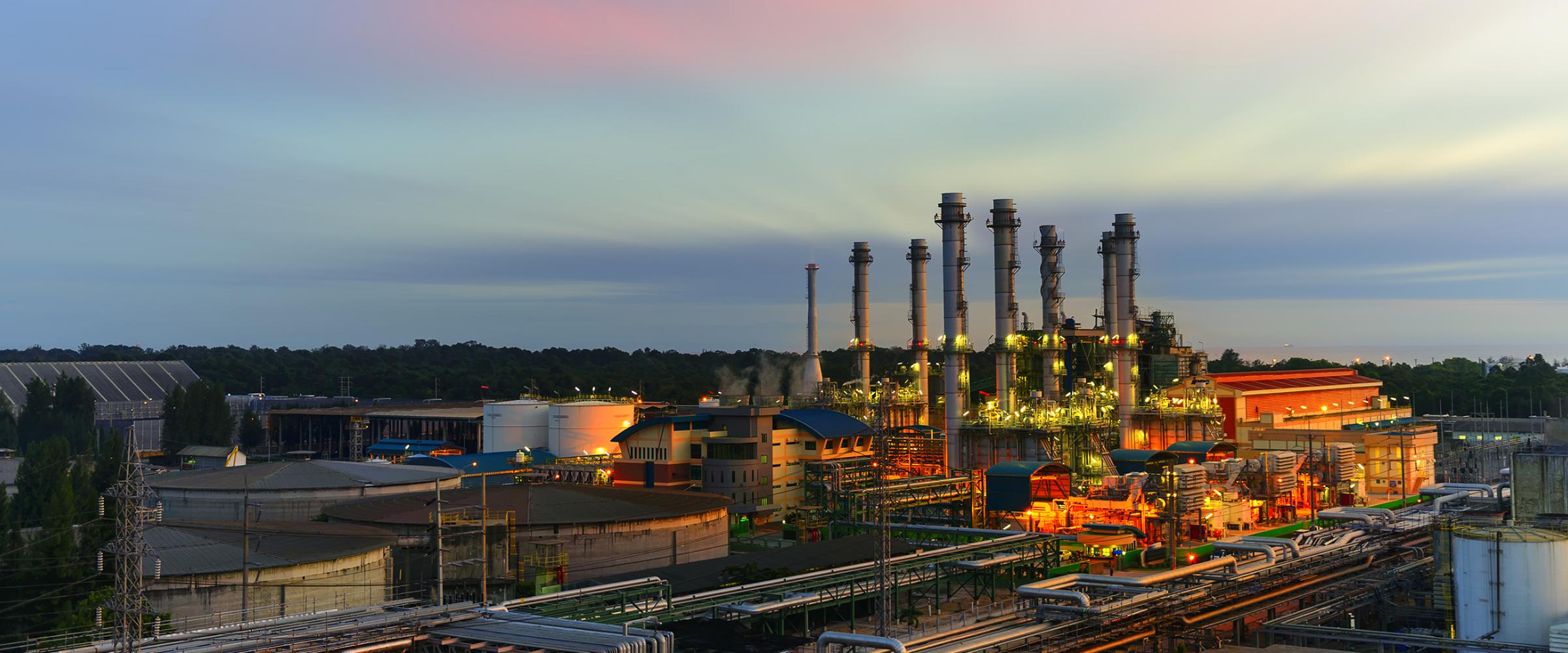
Berkeley Lab conducts unbiased analysis to evaluate the cost implications and environmental impacts of a wide range of energy technologies and strategies to support decision-making by groups.
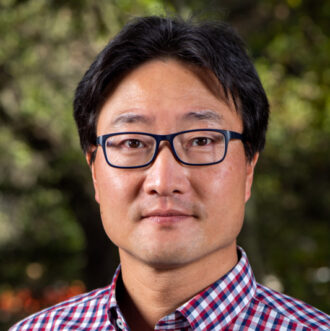
Taek Soon Lee is the director of Pathway and Metabolic Engineering at the Joint BioEnergy Institute (JBEI) and a staff scientist in the Biosciences Area. His research focuses on identifying potential drop-in biofuels and building and optimizing the metabolic pathway to produce these target fuels in microbes.

Deepika Awasthi is a project scientist in the Biological Systems and Engineering Division and in the Microbial & Enzyme Discovery group at JBEI. Her research focuses on bioenergy and biomanufacturing by combining synthetic biology and metabolic engineering to develop microbial systems for better utilization of biomass and gaseous one-carbon substrates.

Eric Sundstrom is a staff scientist within the Biosciences Area and leader of the fermentation team within the Advanced Biofuels and Bioproducts Process Development Unit (ABPDU). His research focuses on process development, integration, and scale-up for biomanufacturing, including development of sustainable aviation fuels and utilization of gaseous feedstocks.
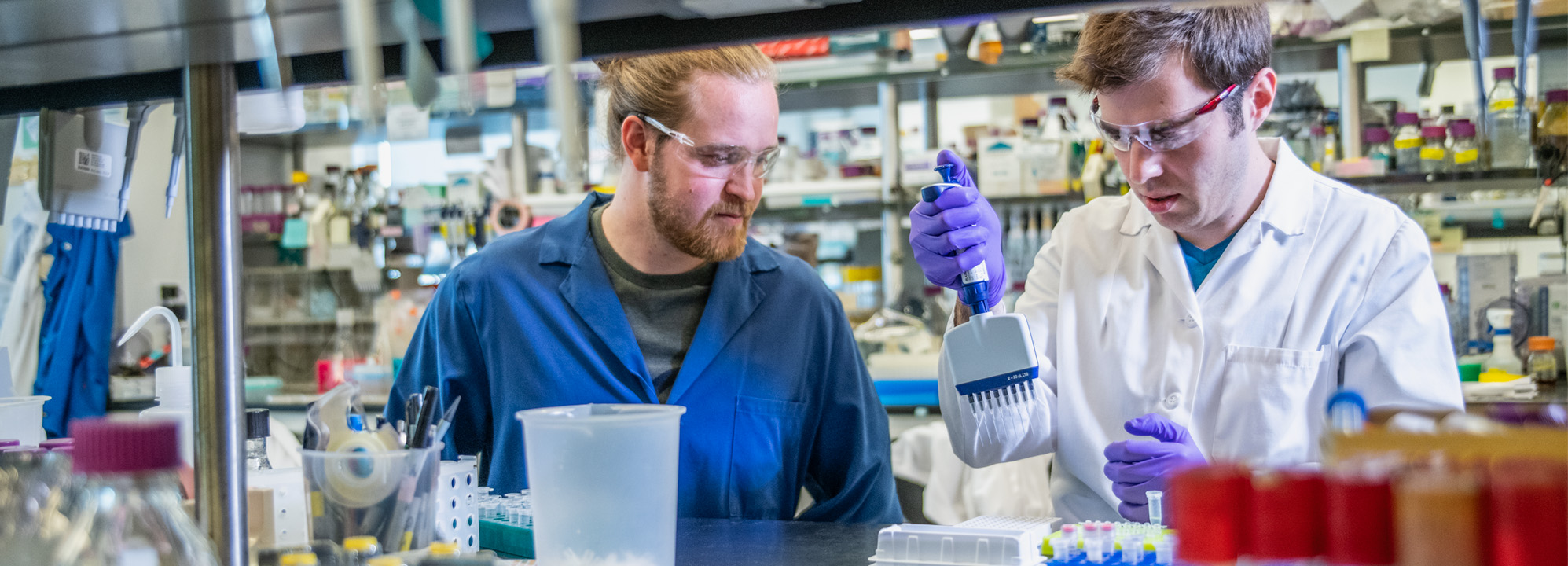
Berkeley Lab scientists are celebrated experts in all facets of biomanufacturing, from the first stage of designing host organisms, up to the final work of refining production processes at the pre-pilot and pilot scale, which are important steps on the way to industrial scale. Read on to learn about five of our strengths in this rapidly evolving field.
Bioscientist Anne Villacastin is using genetics to supercharge the growing power of sorghum, a cereal plant that humans have been cultivating for millennia. By adding genes from wheat, Villacastin and her colleagues at JBEI are making sorghum strains that grow tall and robust with very little water, so farmers can produce large quantities of the crop at low cost and low environmental impact. In the near future, this sorghum could bolster global food supplies and serve as a carbon source for the production of affordable biofuels.
Biomanufacturing sounds complicated, but in a simple explanation, it is using biology and biological systems to perform certain operations in the manufacturing process. The goal is to produce goods and products that can be sold in the marketplace. Listen in this episode as Blake Simmons, Division Director of Biological Systems and Engineering in the Biosciences Area of Lawrence Berkeley National Laboratory, describes how biomanufacturing supports the U.S. goal of increased domestic production.
